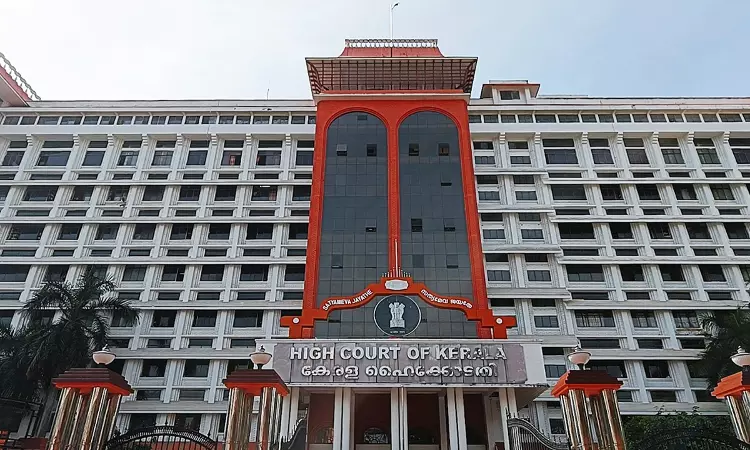Income Tax | Whether There Was Proper Notice Or Not Is Disputed Question Of Fact, Can't Be Challenged Under Article 226: Kerala High Court
Mehak Dhiman
10 March 2025 7:00 PM IST
The Kerala High Court stated that the issue as to whether there was a proper notice or not is a disputed question of fact and cannot be challenged under Article 226 of the Constitution of India. “…….As rightly observed by the learned Single Judge, the question as to whether there was a proper notice or not is certainly a disputed question of fact, which cannot be gone into in...
The Kerala High Court stated that the issue as to whether there was a proper notice or not is a disputed question of fact and cannot be challenged under Article 226 of the Constitution of India.
“…….As rightly observed by the learned Single Judge, the question as to whether there was a proper notice or not is certainly a disputed question of fact, which cannot be gone into in a proceedings under Article 226 of the Constitution of India” stated the Division Bench of Justices A.K. Jayasankaran Nambiar and Easwaran S.
In this case, the assessee/petitioner was informed by the Income Tax Authorities regarding the tax arrears against her for the assessment year 2017-18 through a written communication referring to an assessment order dated 15.03.2022, which is alleged to have been served through e-mail.
The assessee further contended that on logging onto the web portal of the Income Tax Department, he came to know that the order of assessment was passed on 24.3.2022.
It was asserted that the assessee was not served with any communication regarding the draft assessment order. Therefore, complaining that the completion of assessment is against the provisions of Section 144B of the Income Tax Act.
The assessee had a filed a writ petition before the Kerala High Court which was dismissed. The assessee has challenged this order.
The Single Judge, who considered the writ petition, found that the question raised in the writ petition falls within the realm of disputed questions of fact, which cannot be adjudicated in a writ petition under Article 226 of the Constitution of India.
The Single Judge refused to exercise the discretion and directed the assessee to approach the statutory authority with an appeal within a period of two weeks.
The bench disagreed with the assessee/appellant and agreed with the order passed by the Single Judge.
In view of the above, the bench dismissed the appeal.
Case Title: Aanjaly Sandeep Shetty v. Additional/Joint/Deputy/Assistant Commissioner
Case Number: WA NO. 712 OF 2023
Citation: 2025 LiveLaw (Ker) 167
Counsel for Appellant/ Assessee: Premjit Nagendran
Counsel for Respondent/ Department: Christopher Abraham
Click Here To Read/Download The order



